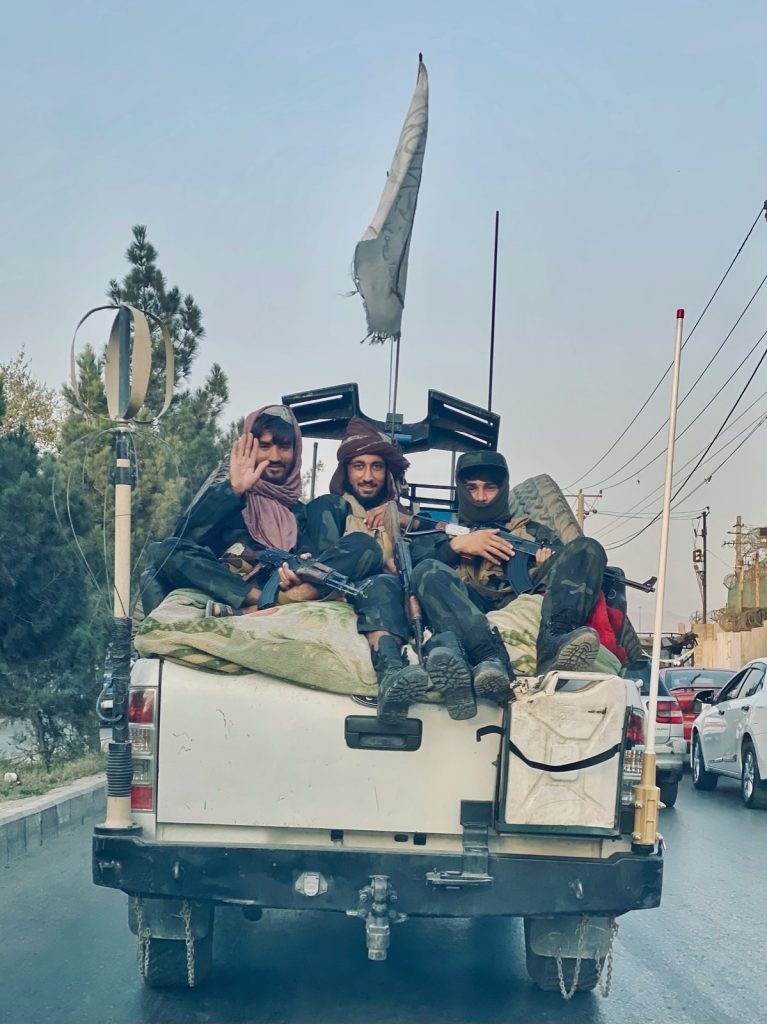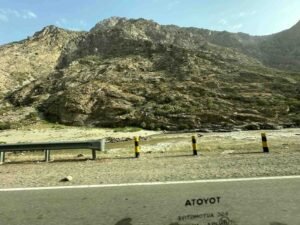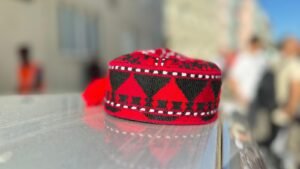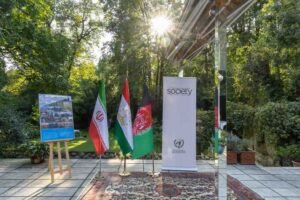NIC Cards: Another Pakistani Way of Escalating Border Tension With Afghanistan

By Hamid Pakteen*
Pakistan’s sinister policy of disturbing the tribal lives along its border areas with Afghanistan has many dimensions. The various tools being used include frequent cross-border firings, violation of Afghan airspace through drones, economic blockade, and disputing Afghanistan’s sovereignty by issuing National Identity Card (NIC) cards to Afghans in border areas. It’s well established that the Pakistani leadership and the all-powerful Army never miss a chance of inflicting cruelty on poor tribals on the pretext of the Durand line. The 2,640-kilometre border line arbitrarily drawn by the British was never accepted by Afghanistan as it divides traditional Pashtun areas. The tribal groups lament that the Durand line left them with a fractured identity despite having a common culture and ethnicity.
Though the two countries have been at odds on the matter since the formation of Pakistan in 1947, the intensity of firing at the border has been particularly high after the regime change almost two years ago. Unilateral establishment of fences and border posts along the disputed border have been a common sight, ostensibly to counter terrorism on international borders. The fencing has been quite painful for the closely-knit Pashtun and Balochi tribal communities living on both sides of the border, including their agricultural land, traditional trade, and movement of labor. The Pakistani tools also include harsh economic measures on Afghan people through frequent blockades at Chaman and Torkham which are the major border crossings, impacting the revenue for the Taliban regime.
Another Pakistan ploy used actively during recent years involves the issuance of NICs to the residents of Barmal, which is a district in Paktika Province in the east of Afghanistan. The district lies along the Durand line bordering North Waziristan. The Pakistani misadventure has reportedly triggered a strong protest by Afghanistan through its embassy in Islamabad. Afghanistan maintains that the distribution of NICs to its citizens is a violation of its national sovereignty & territorial integrity. Kabul is believed to have demanded Pakistan discontinue the distribution of the cards immediately, warning that it could negatively impact the diplomatic relations between the two countries.
The population of Barmal is Pashtun, predominantly from the Kharoti and Wazir tribes. According to some accounts in the media, more than half of them have already been issued Pakistani cards which the locals accept because it allows them to travel to the other side without facing harassment. Notably, the identity cards mention Barmal as the main residence of the cards holders. In 2019, the Barmal District Governor Rahmatullah was reported in the media claiming that the card has reached almost 50 percent of the population here. At that time, there were also reports that a Pakistani curriculum was being taught in the schools of Barmal as there was none with an Afghan curriculum. The local officials have been appealing to the Taliban regime to ensure that the sovereignty of their country is respected.
The Pakistani actions are considered to be a manifestation of its annoyance with the Taliban after it appeared to follow independent policies post-regime change in 2021. While Taliban has indicated any growth in bilateral relations would be possible only after Pakistan recognizes it, Islamabad and Rawalpindi seem to be pushing their own agenda. Pakistani Army’s recent ventures of firing at the border have met with stiff resistance from the other side. The latest Afghan protest over the card issue makes it clear that testing time is ahead for Pakistan’s Taliban policy.
*The author chooses a pseudonym. Pakteen is a researcher based in Afghanistan.
Note: The contents of the article are of sole responsibility of the author. Afghan Diaspora Network will not be responsible for any inaccurate or incorrect statement in the articles.





